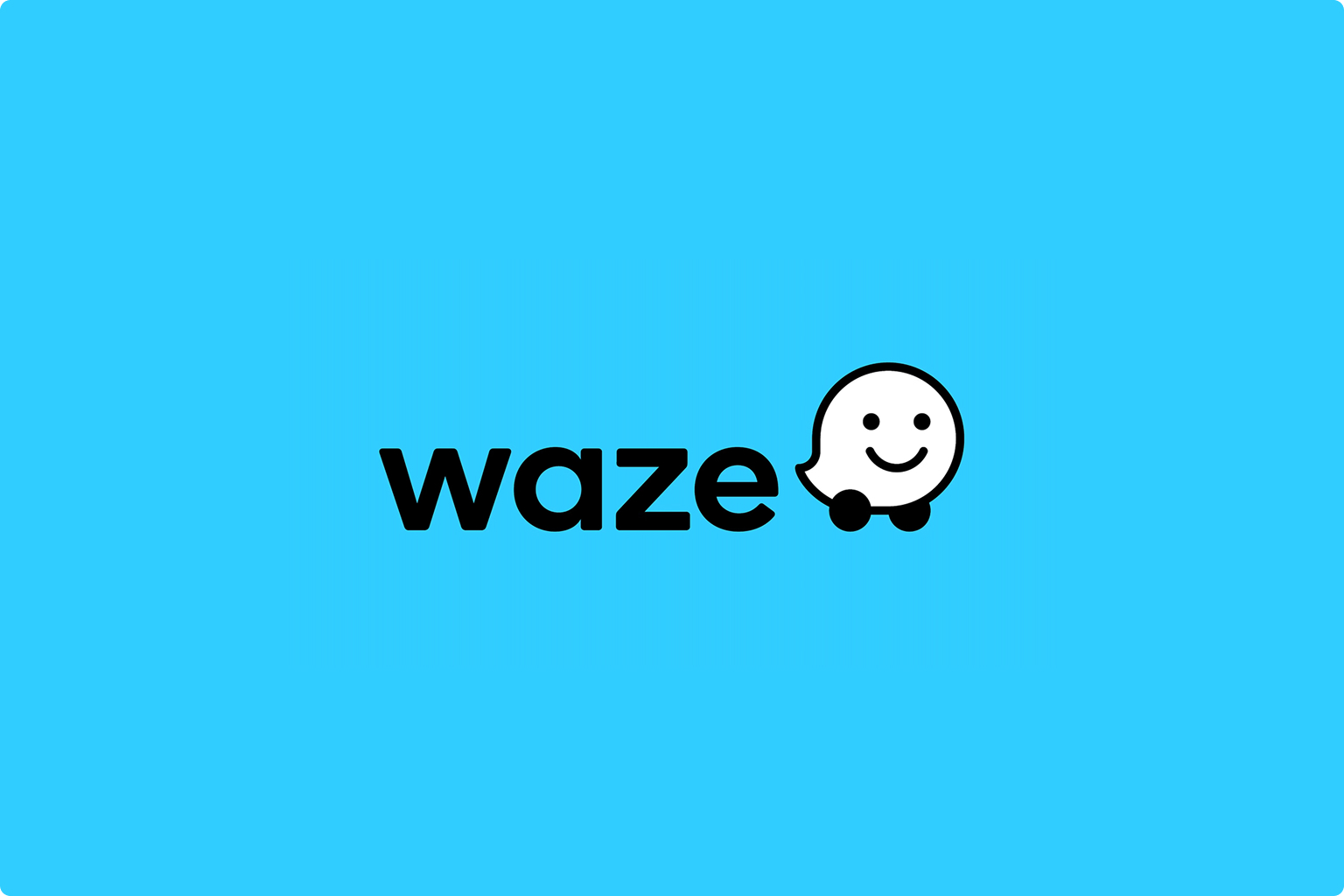I designed Eco Routing a feature that integrates environmental impact into route selection, empowering millions of drivers to reduce their carbon footprint without changing their habits.
Role: Product Designer (Intern)
Company: Google / Waze
Focus: UX/UI, Product ,Sustainability
Platform: Mobile App (iOS/Android)
The Challenge
The Blind Spot in Navigation
Waze is famous for finding the fastest route, prioritizing time and tolls above all else. However, users are increasingly eco-conscious, and the app lacked any visibility into fuel consumption or environmental impact.
The Opportunity
Introduce "Green Metrics" (Fuel savings, CO2 reduction) as a decision factor, helping drivers save money and the planet without compromising the core Waze experience.
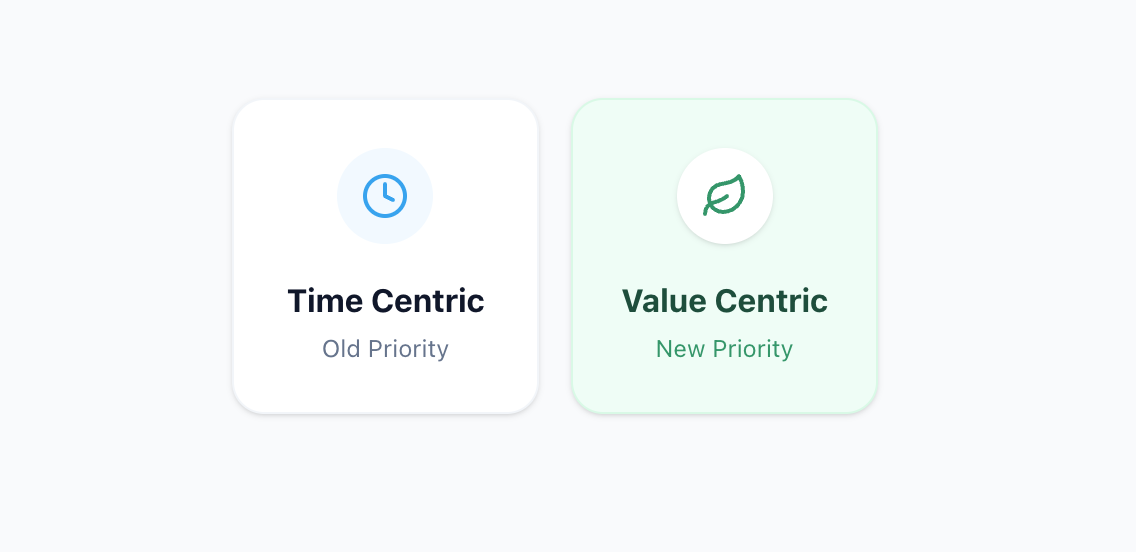
UX Process
Integrating the "Green Layer"
The challenge was to add complex environmental data without disrupting the driver's cognitive load. I mapped the existing user flow and identified a "Sustainability Layer" that could sit on top of the existing routing logic without forcing a new behavior pattern.
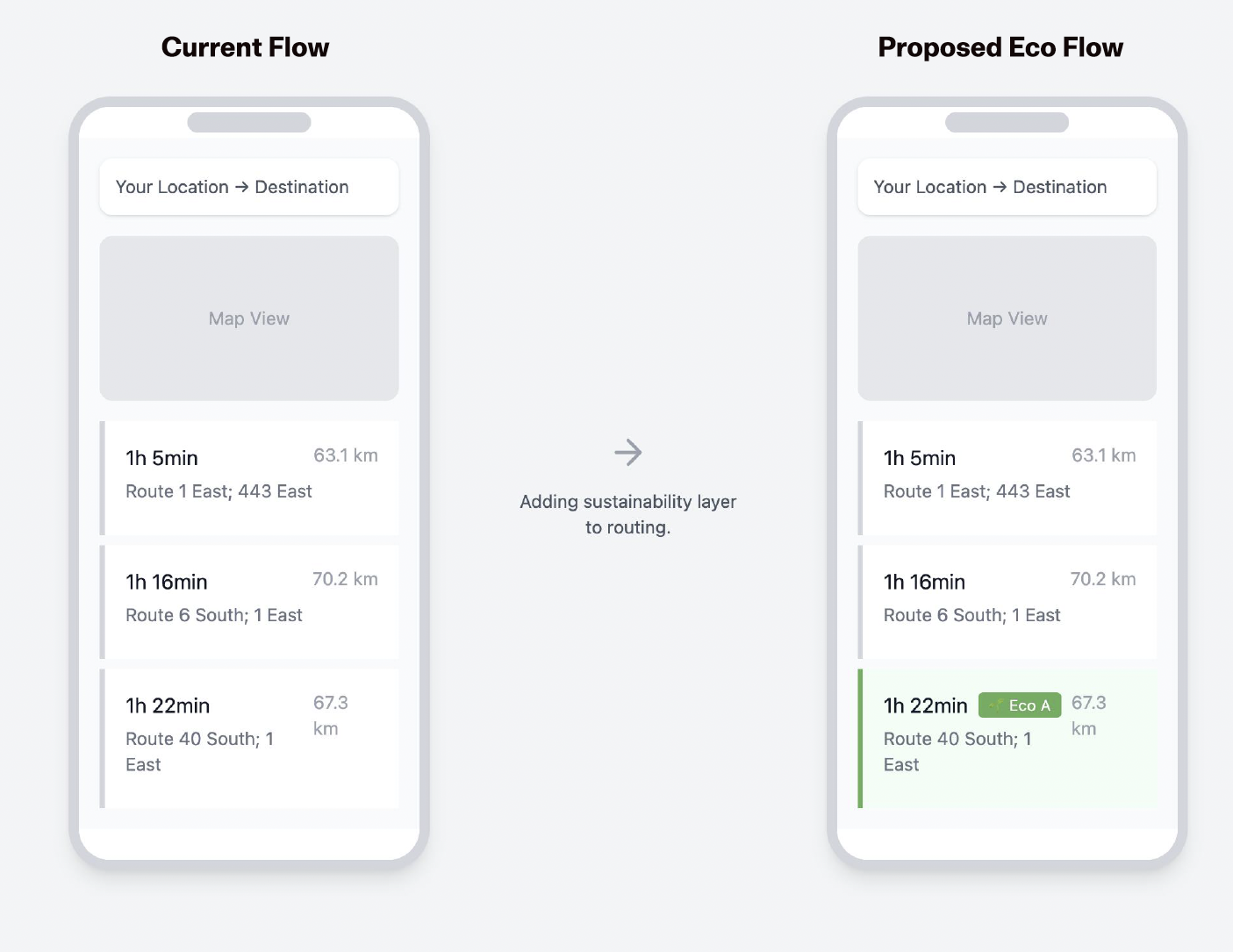
- AnalysisIdentified that users only look at "Time" and "Distance" when choosing a route.
- Integration Inserted "Eco Score" as a tertiary metric that helps break ties between similar routes.
The Solution
Non-Intrusive Sustainability
The "Eco Routing" feature adds a subtle layer of data to the driving experience. It doesn't force users to change; it nudges them with better options.
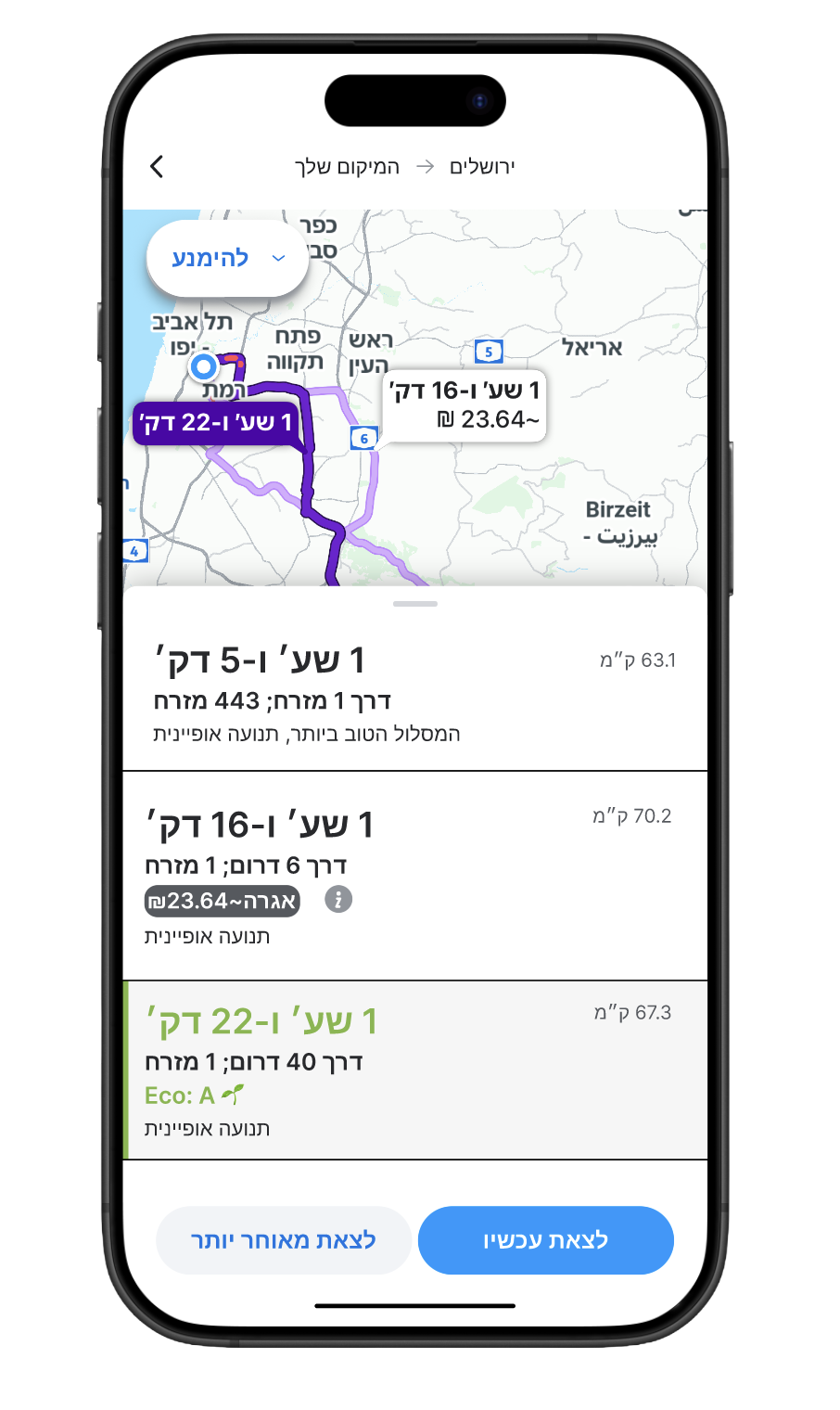
Real-time Eco Scoring
A subtle "Eco A+" indicator sits on the dashboard, giving drivers positive reinforcement when they drive efficiently, without cluttering the map.
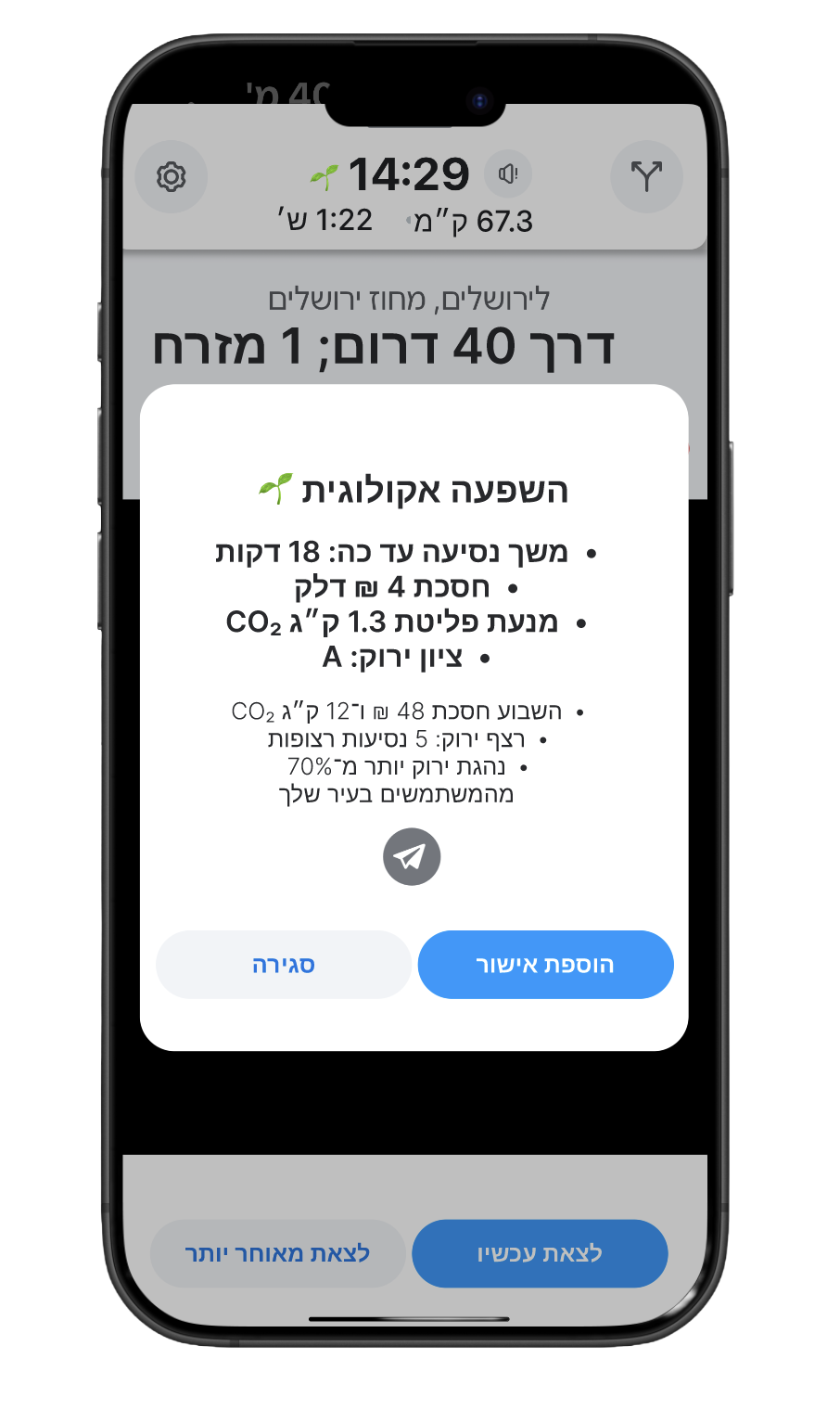
The "Green" Reward
Post-drive summaries visualize the tangible impact: fuel saved and CO2 prevented. This gamification encourages repeated eco-friendly behavior.
Impact
Driving Change
The concept proposal inspired internal discussions at Waze around sustainability and driver behavior insights. It paved the way for features that don't just save time, but also save resources.
- CO2 Reduction Visualizing invisible impact
- Fuel Efficiency Cost saving for users
UX Research Focus
Conducted user interviews to understand driver motivations beyond just "saving time."
- Designed and wrote UX copy to explain complex environmental metrics simply.
- Refined the "Eco Score" visualization through usability testing.
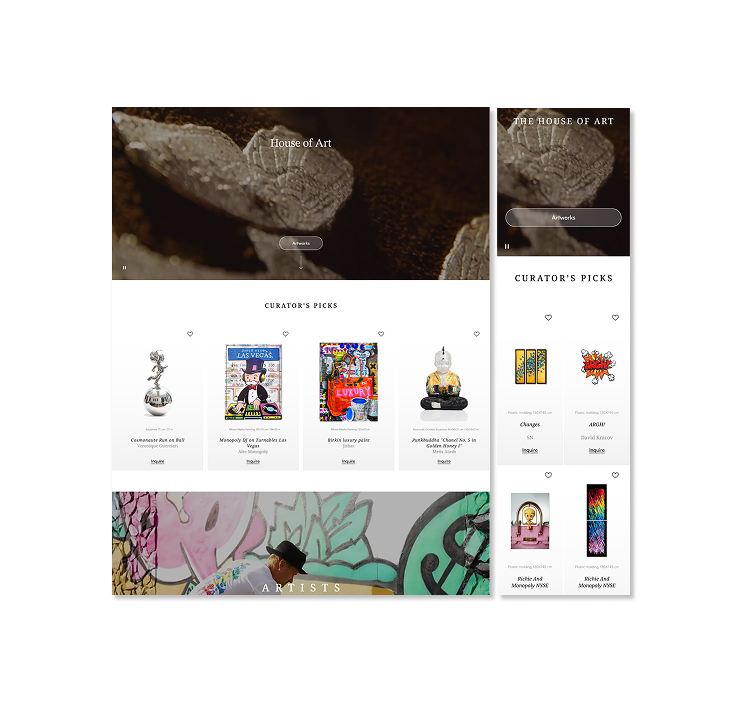
Project 01
Eden Gallery Redefined
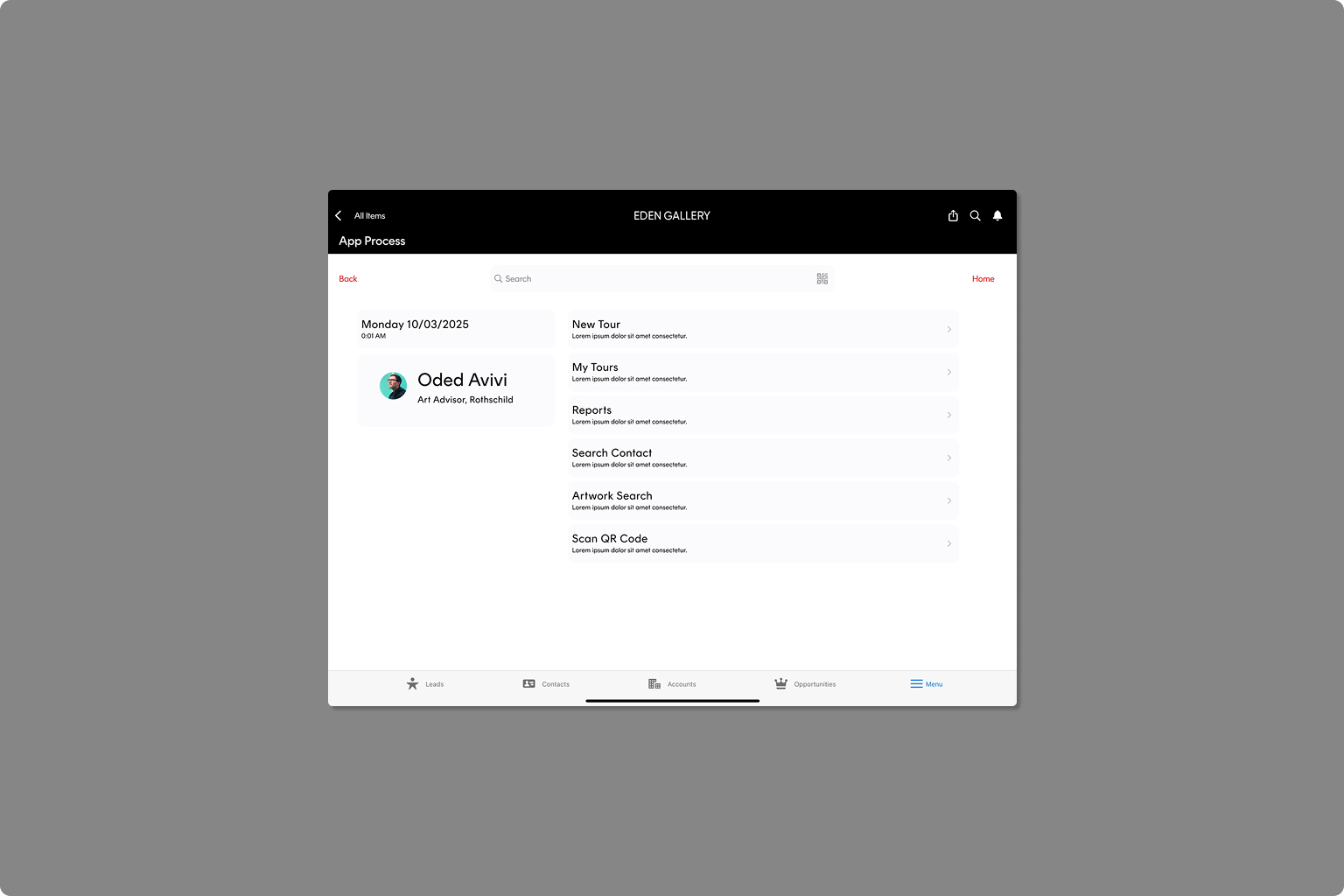
Project 02
Eden Sale Order App
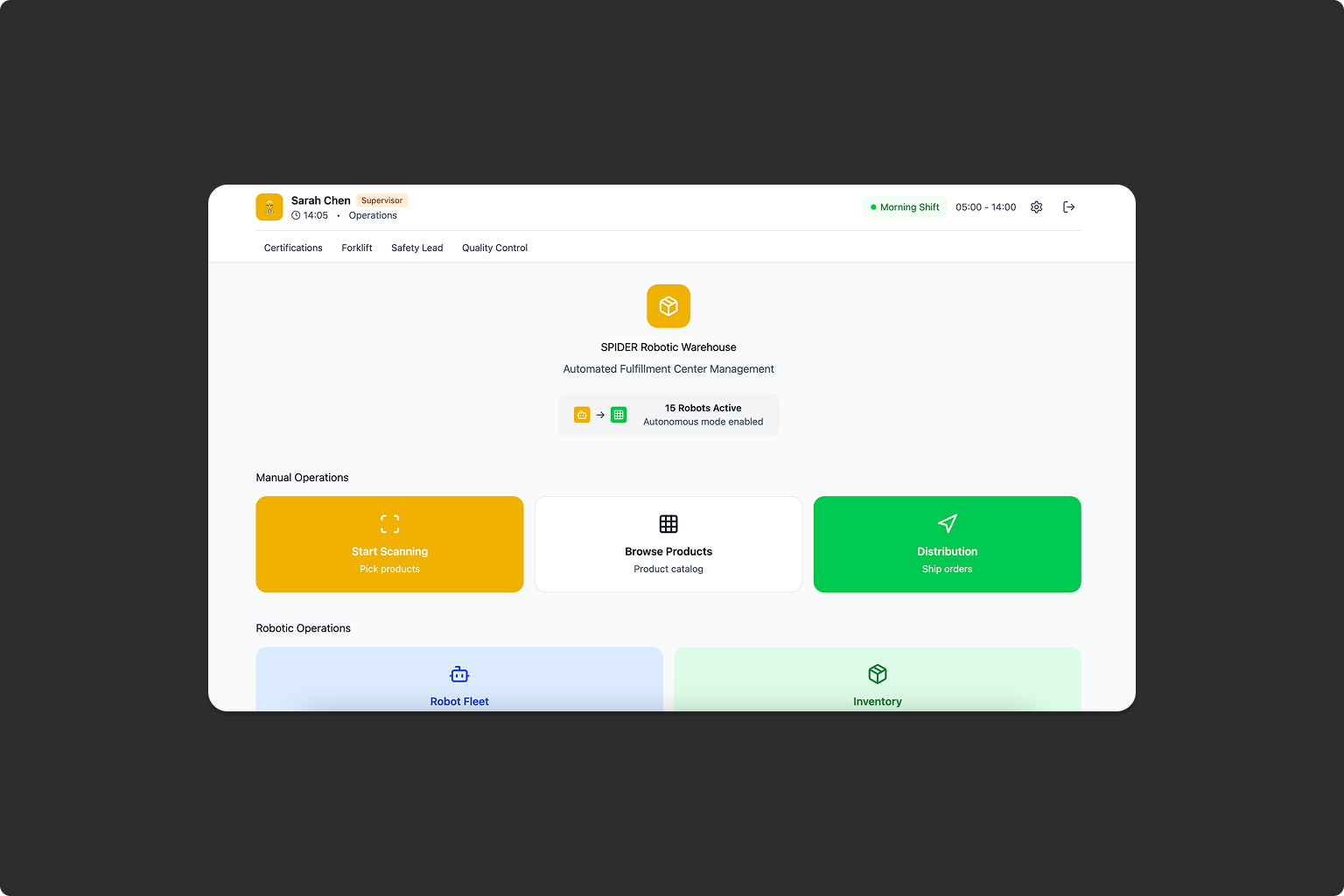
Project 03
Spider
